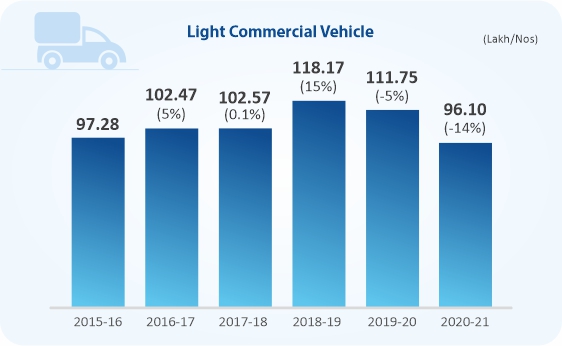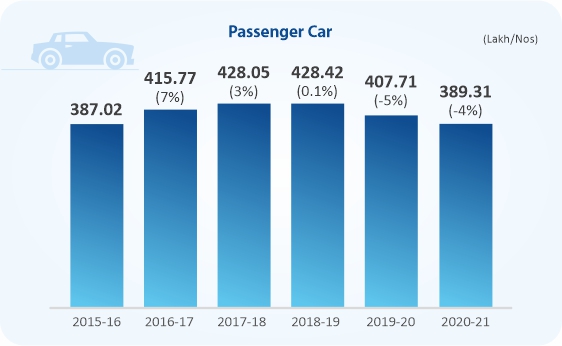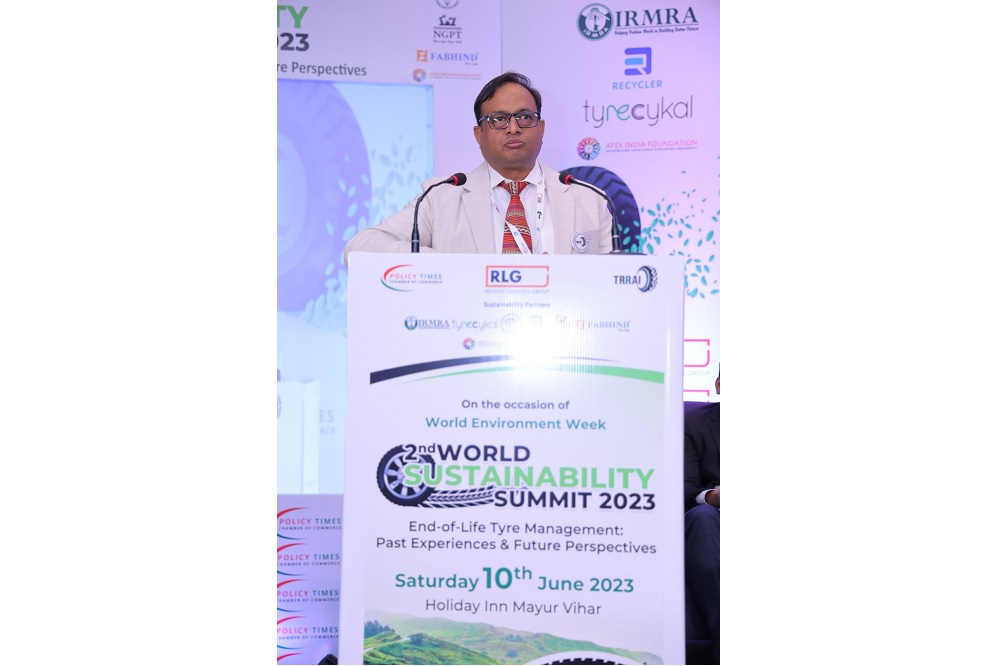India introduced its draft regulation of the Extended Producer Responsibility (EPR) for waste tyres under the Hazardous and Other Wastes (Management and Transboundary Movement) Rules, 2016 on 31st December 2021
The guidelines paved the way for producers, and recyclers to streamline their operations as per the guidelines of the new EPR regime. The latest TRRAI conference discussed the challenges and opportunities facing the tyre & rubber recycling industry.
With the Central Pollution Control Board (CPCB), Ministry of Environment, Forest, & Climate Change (MoEFCC) portal for EPR registration in place, it has become easier for new and existing players to meet the compliance.
Presently, registration of producers/scrap tyre importers has been started on the EPR portal but the option of registration for recyclers has not yet started. Soon the registration of recyclers will also start as the initial glitches are sorted out.
According to TRRAI, so far, around 20 registrations have been made in the category of producers. “The top nine companies have 80 to 90% market share, out of which eight companies have registered on the portal, the manufacturers of B & C grade tyre/tubes and flaps are yet to be registered, along with the recyclers who import scrap tyres for recycling and disposal, whose number is close to 50,” confided Satish Goyal, President, TRRAI. He was addressing the 2nd World Sustainability Summit 2023 was organised in New Delhi on June 10th 2023, to discuss “End-of Life Tyre Management: Past Experiences & Future Perspectives”.
In order to help all the 330 registered members of the TRRAI, the association formed a dedicated group named “tyrecykle” which will help in the EPR process, which includes registration of all the members, and attaining their getting their EPR certificate.
“Speedy implementation of SOP, registration of recyclers in EPR, and the immediate closure of pyrolysis plants operating in illegal ways across India, could see the sector transformed into a profitable environment-friendly recycling industry.”
The current EPR notification limits the “Producer Responsibility “only to purchase EPR Certificates for meeting their obligation and filing of quarterly returns on time. “The process of EPR certificate generation, and the weightage allocated to various end products as defined in the EPR notification leads to a situation wherein there will be a significant gap between the obligations / liability of tyre manufacturers and the availability of EPR Certificates,” believes Dr. Bipin Kumar Rai Head – Environment Protection, Safety & Health Continental India (Tyres).
This situation is expected to further worsen because of the delay in online portal functioning, which ultimately compels the tyre producers to purchase the EPR Certificates for their current year liability as well as past year liability. For the success of the implementation process, the government must focus on making the online portal functional without glitches and should review the timeline and weightage based on the actual data of recycling capacity vs tyre producer obligations.
“Tyre producers should not play a passive role in this process and must not keep them only in negotiating the EPR Certificate prices with the recyclers. As a “producer” tyre OEMs are responsible for managing the end-of-life of their products and must be actively engaged with recyclers and the government to build a financially viable and environmentally beneficial ecosystem where they could maximise the ‘functional use” of material and energy of discarded products. Collaboration, transparency, and innovation are the three key words which pave the path for overall business sustainability.”
Rahul Saxena, General Manager, Technical Services & Fleets, Indag Rubber believes the EPR policy will help in organising the large unorganised sector of the retreading industry. “Currently, India’s retreading market is 50% organised and 50% unorganised. About 800,000 tyres are retreaded annually. The new EPR policy is expected to make formalise the whole industry, which will improve the standards in the industry.”
He further seeks input credit weightage for retreaders and manufacturers, and also called for inclusion of the TREA (Tyre Retreading Education Association) or retread companies like Indag to be appointed to steering committee of EPR for waste tyres.


According to a statement from the Indian government, India produces 650,000 tyres and discards 275,000 tyres approximately. About 300,000 tonnes of tyres are imported into the country each year for recycling and disposal. India’s waste tyres account for about 6-7% of the global total.
These figures seem somewhat under-estimated, since most trade figures show India’s tyre industry producing 169 – 170 million units per year. Apollo’s Andhra Pradesh plant is planned to produce 900,000 truck tyres per annum and 4.5 million car tyres, and that is the company’s fifth Indian plant. JK tyre started in 1977 with a production of 0.5 million tyres and now claims in excess of 16 million tyres (including those made in Mexico). Additionally, in 2022, the UK alone was recorded as having exported some 366,000 tyres to India. Even allowing for non-EPR-related production, the figures used don’t seem to be realistic. – Ed
Seminar brought together 150+ participants and 15+ speakers, including key stakeholders like tyre manufacturers and suppliers, rubber & tyre recyclers, retreaders & policymakers. The newly launched Tyre & Rubber Recyclers Association of India (TRRAI) and Reverse Logistic Group (RLG) in association with Policy Times, organised the day-long Seminar.




















